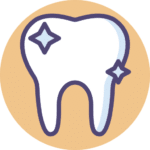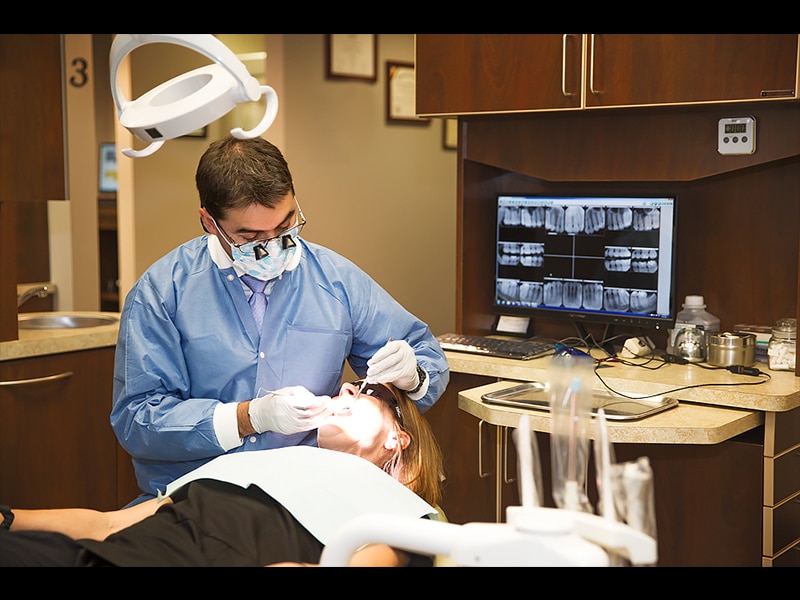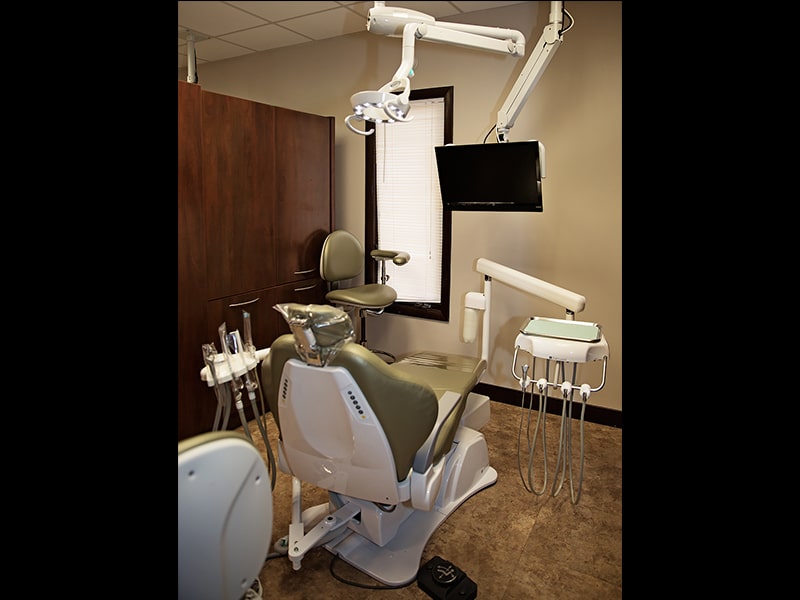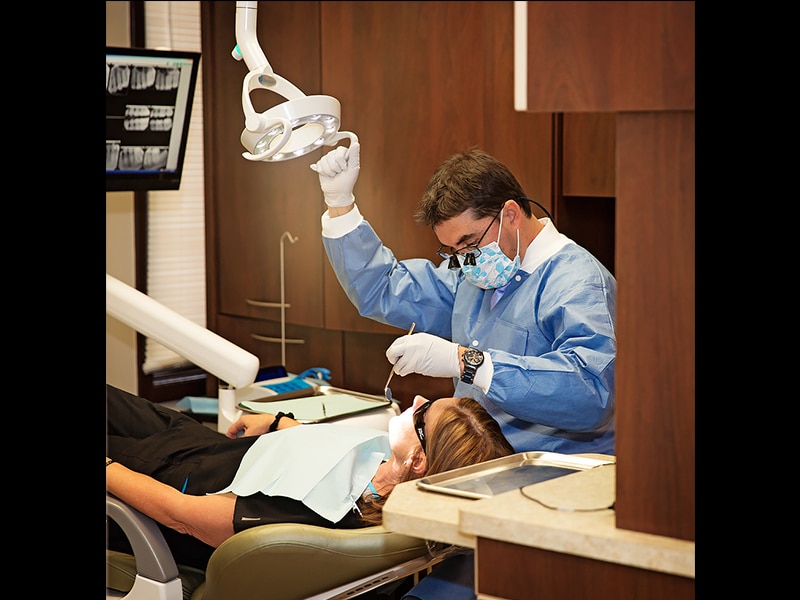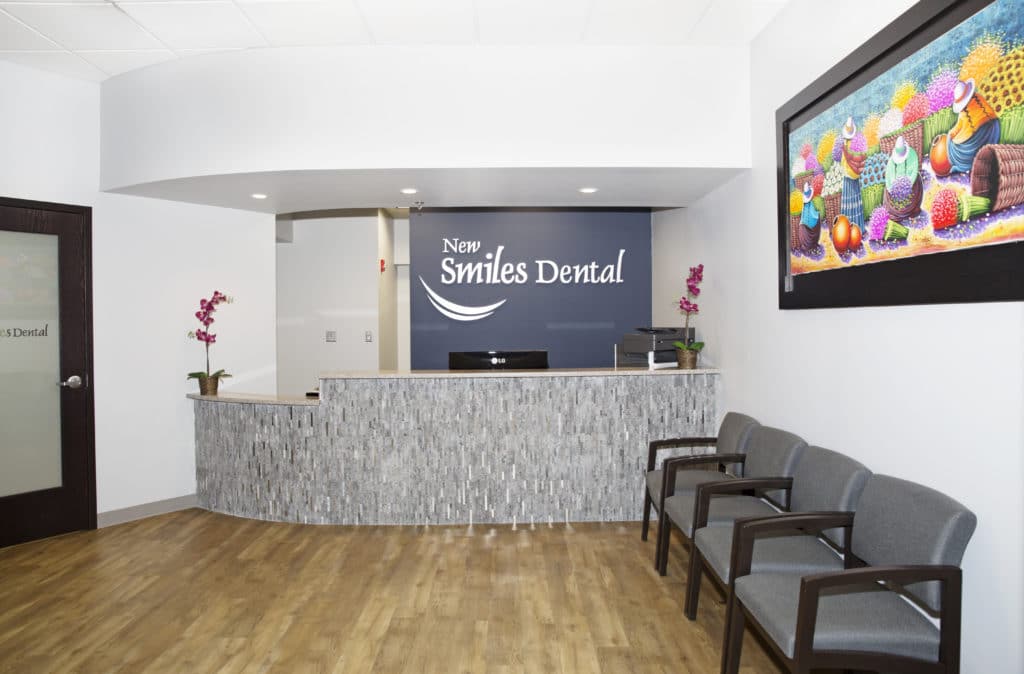Good oral hygiene isn’t just crucial for maintaining a healthy mouth – it’s vital for your overall well-being, too. Unfortunately, however, diet can have a significant impact on our teeth and gums – and when it isn’t kept in check, the repercussions can be severe. Whether you’re looking to take control of your dietary habits or are simply curious about what eating does to your mouth over time, this post is for you! We’ll expand on the link between diet and oral health while sharing tips about how to maintain optimal gum line maintenance (and keep cavities at bay!) while still indulging in the foods you love.
So, what are the key ways diet affects oral health? Here’s a quick breakdown:
- Sugary and Acidic Foods: Both sugary and acidic foods are known to contribute to tooth decay. Sugars provide fuel for bacteria that produce acid, which erodes and breaks down enamel over time. Acidic food can also cause damage, as acids erode enamel to create cavities.
- Starchy Foods & Drinks: Highly processed starchy foods, such as bread and pasta, can get stuck in your teeth and cause plaque buildup over time. The same goes for sugary drinks – soda’s high sugar content feeds the bacteria that produce acid, which ultimately damages the tooth enamel.
- Dairy: Dairy products – such as cheese, milk, and yogurt – are good sources of calcium and phosphorus, which help strengthen teeth. Eating dairy products can even reduce the risk of developing cavities.
- Fruits & Vegetables: Fruits and vegetables contain vitamins that promote better oral health. Apples, for example, stimulate saliva production, which helps to wash away bacteria that can lead to cavities.
Now you have a better understanding of how diet affects oral health, here are two tips for keeping your teeth and gums healthy:
- Brush & Floss Regularly: Brushing twice daily and flossing at least once per day ensures plaque and bacteria don’t accumulate in hard-to-reach places, thus reducing the risk of tooth decay.
- Eat Healthy Foods: Eating a balanced diet rich in fruits and vegetables is essential for good oral health. Avoid sugary and starchy foods when possible and replace them with healthy alternatives such as nuts, seeds, yogurt, hummus, and whole grains.
By following these two tips – along with regular visits to your dentist – you can keep your teeth in pristine condition and preserve your oral health for years to come. So the next time you’re thinking about indulging in a sugary snack, remember: there’s more than meets the eye when it comes to chewing the fat!
Aside from diet, other factors affect oral health. Smoking, for instance, stains teeth and increases the risk of gum disease, while certain medications may cause dry mouth, which leads to tooth decay. Pay attention to these potential risks so you can take steps to protect your oral well-being in the long run.
At the end of the day, diet plays a vital role in keeping your teeth and gums healthy – but it’s just one part of the equation. Regular visits to your dentist, along with proper brushing and flossing techniques, are essential for preserving good oral hygiene. So make sure to stay on top of your dental routine – your teeth will thank you for it!
At New Smiles Dental, we provide comprehensive dental services that can help you improve your oral health and keep your teeth strong. Our team of expert dentists is equipped to handle all your dental needs, from a routine cleaning or filling to a complex full mouth reconstruction. We offer customized treatment plans tailored to meet your individual needs and goals. Don’t wait any longer to start taking care of your teeth and oral health. Visit New Smiles Dental today for a comprehensive evaluation, and let us help you get on the path to optimal dental health. Make an appointment now and start taking care of your teeth!
